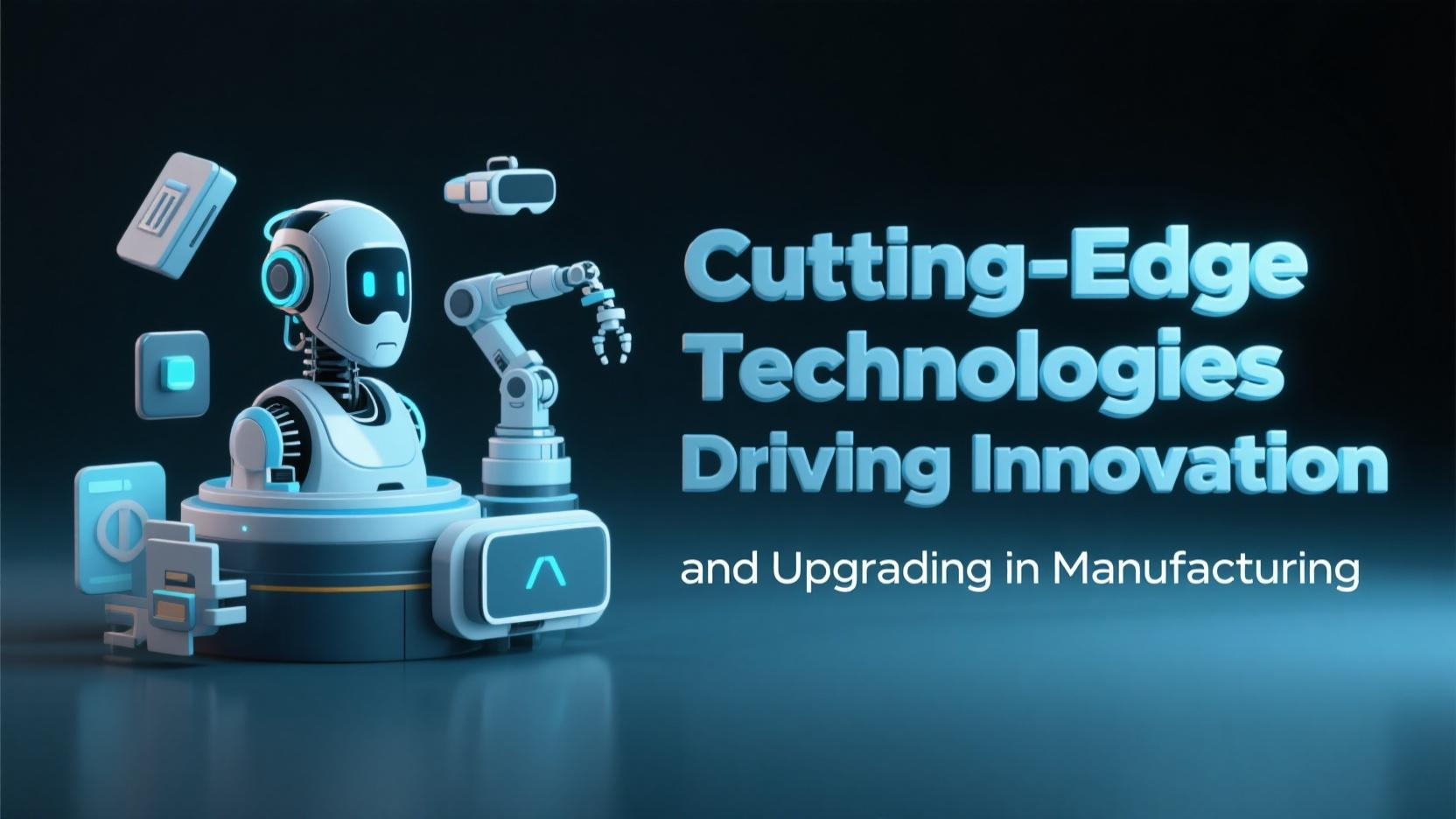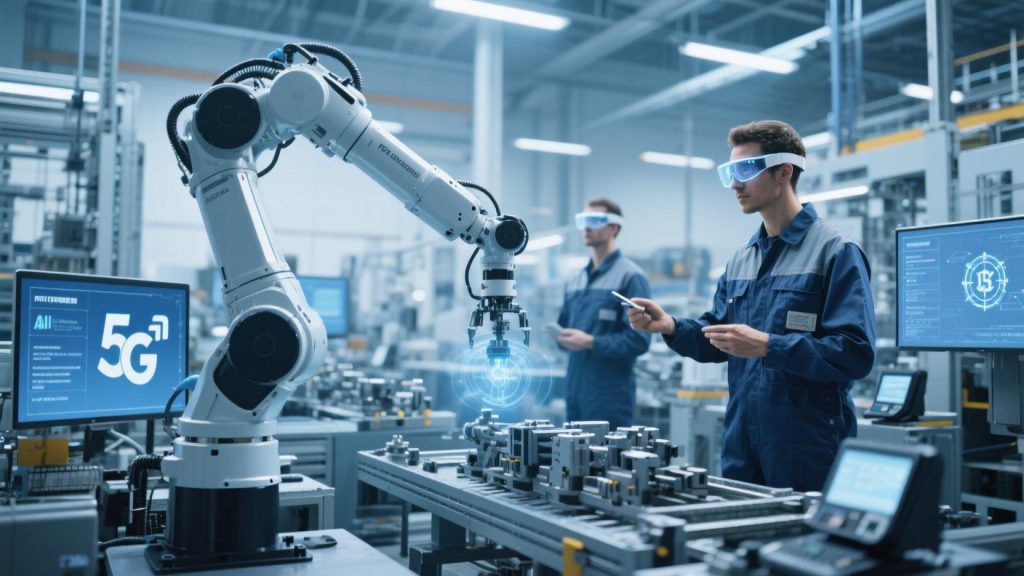
With the rapid advancement of cutting-edge technologies such as artificial intelligence, 5G, blockchain, and augmented reality (AR), the manufacturing industry is undergoing unprecedented innovation and transformation. The deep integration of these technologies not only enhances production efficiency and product quality but also fundamentally changes manufacturing models and business ecosystems.
AI applications in manufacturing primarily focus on intelligent inspection, quality control, and predictive maintenance. Leveraging machine vision and deep learning, AI can automatically detect product defects and equipment anomalies, significantly improving inspection speed and accuracy while reducing manual intervention and error rates. Predictive maintenance utilizes sensor data collected from equipment to analyze health status and provide early warnings of potential failures, minimizing downtime and maintenance costs.

5G technology offers high-speed, low-latency wireless connectivity on the factory floor, supporting real-time interconnection of massive devices. With 5G, the Industrial Internet of Things (IIoT) rapidly develops, enabling seamless communication and coordinated operation among devices and systems, thereby increasing production line flexibility and responsiveness. Remote control and intelligent monitoring become feasible, greatly enhancing production management efficiency.
Blockchain technology enhances data transparency and security within manufacturing supply chains. Through decentralized data storage and smart contracts, blockchain ensures the authenticity and immutability of information across supply chain stages, effectively preventing fraud and data breaches. Manufacturing enterprises leverage blockchain for raw material traceability, supply chain financing, and automated contract execution, improving overall operational efficiency.

Augmented reality integrates virtual and real environments to assist manufacturing workers with complex assembly, maintenance, and training tasks. AR devices overlay real-time instructional information, reducing operational errors, shortening training cycles, and increasing labor productivity. Remote collaboration and expert support also become more convenient and efficient.
Looking ahead, manufacturing will exemplify the integration of multiple cutting-edge technologies. Enterprises need to accelerate technology deployment, promote digital transformation and smart manufacturing upgrades, build open and shared innovation ecosystems, cultivate talents with multidisciplinary skills, and drive high-quality, sustainable development in manufacturing.








